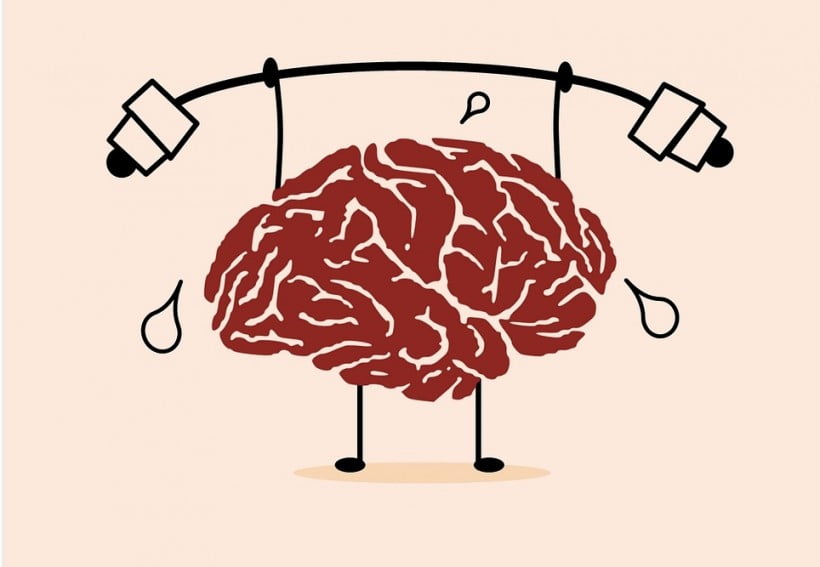How Probiotics Can Support Your Gut and Brain Health
Warning: Undefined variable $post in /home/dietofli/public_html/wp-content/plugins/code-snippets/php/snippet-ops.php(584) : eval()'d code on line 3
Warning: Attempt to read property "ID" on null in /home/dietofli/public_html/wp-content/plugins/code-snippets/php/snippet-ops.php(584) : eval()'d code on line 3
The estimated reading time is 4 minutes
Warning: Undefined variable $post in /home/dietofli/public_html/wp-content/plugins/oxygen/component-framework/components/classes/code-block.class.php(115) : eval()'d code on line 3
Warning: Attempt to read property "ID" on null in /home/dietofli/public_html/wp-content/plugins/oxygen/component-framework/components/classes/code-block.class.php(115) : eval()'d code on line 3

We've known for some time that the gut microbiome is linked to health and immune function. But when you get a cold or experience brain fog, the gut is probably the last thing you're thinking about.
In this post, we're going to explore the reasons why you may want to start thinking more about those tiny little tenants in your colon.
Let's explore how probiotics can support your gut and brain health to contribute to long-term health and wellbeing.
The Physical Connection Between Brain and Gut
Since researchers still have a lot to learn about gut bacteria's role in our overall health, you might be looking for something a little more concrete. Well, you're in luck. There is an actual physical way your brain and gut are connected, and it's called the vagus nerve. The vagus nerve is an important part of the autonomic nervous system. Its role is to send messages between the brain and colon and vice versa. The vagus nerve also helps food move through the digestive tract, stimulates the release of digestive enzymes, and communicates feelings of hunger and satiety to the brain. So, what does this all have to do with bacteria?
Well, gut bacteria also break down food as they transform it into short-chain fatty acids (SCFAs). The vagus nerve detects these fatty acids and sends data to the brain to help regulate the digestive process.
Gut bacteria and mental health
When we talk about mental health as it relates to the gut, what we're talking about is the butyrate effect. Butyrate is one of those essential short-chain fatty acids that the gut produces as it breaks down foods.
Butyrate feeds the cells in the lining of your gut, so it keeps your colon strong and intact. As you may have guessed, this short-chain fatty acid is your best line of defense against a leaky gut. Butyrate also helps keep inflammation at bay, which can keep you feeling healthy and happy.
Butyrate is closely linked to the beneficial bacteria in your gut, so when you eat prebiotics and probiotic-rich foods, you are encouraging an environment that's rich in butyrate. And this has been linked to positive health and improved mental status.
Probiotics can help fight depression
There have been quite a few studies on the impact of probiotics on depression, and the results are promising. An emerging field called psychobiotics is dedicated to investigating the effects of probiotics and mental health. Some research shows that certain lactobacillus bacteria improve anxiety and stress resilience.
Probiotics work to support health by helping to balance the delicate gut ecosystem. These beneficial bacteria encourage more beneficial bacteria to thrive, and in doing so, they reduce the likelihood of dysbiosis. As the saying goes, what you feed will grow. And it's better to feed the probiotics than the bacteria that will inevitably detract from your health.
Probiotic bacteria, such as bifidobacterium, lactobacillus, and lactococcus, already reside in your gut, but they can also be found in foods and supplements.
The best way to encourage probiotics to thrive in your gut is to eat right and live a healthy lifestyle. Avoid things like drugs and alcohol, and limit antibiotics that will destroy your gut bacteria. And if you feel like you need more probiotics in your life, consider eating more probiotic-rich foods like sauerkraut and kimchi and take a probiotic supplement.
If you think your gut is unbalanced and it's affecting your mood or mental clarity, you may want to talk to your doctor about dysbiosis. This is a state where probiotics are not thriving in the gut, and it can impact all areas of your life.














